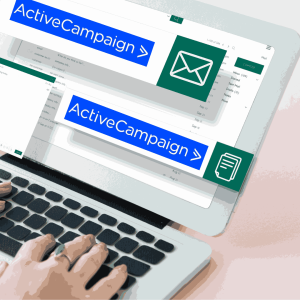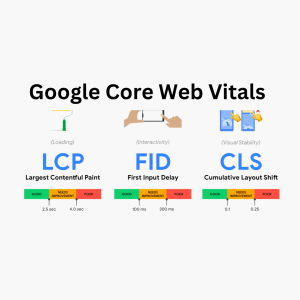Since WordPress powers 25% off all websites, security vulnerabilities are inevitable because not all users are security conscious with their websites. On the other hand if a hacker can develop a path to get into one of the WordPress sites, they can check different sites that are running unreliable setups of WordPress and hack them as well.
Vulnerabilities are not just because of the themes you install, they are beyond it.
The stats from a recant report shows that 52% vulnerabilities are from WordPress plugin, 37% are from core WordPress and 11% are from WordPress themes.
Following measures can be taken to protect WordPress websites:
 Use Strong Passwords
Use Strong Passwords
Are the first like of defense against cyber-attacks. In order to prevent a website from Brute Force attacks WordPress admin password must be strong enough i.e including multiple types of characters, symbols or numbers. Usually in a Brute Force Attack the attacker tries as many username-password combination as they can until and unless they find the right one. So using a long, complex password which is easy to remember but hard to guess can be very helpful, through Brute Force works endlessly but a strong password will mean exponentially longer time to crack.

Update WordPress, Plugins or Themes
With every update of WordPress there comes a page. Which lists the security flaws in the previous version and their fixes. This! is what hackers are interested in as it is the cheat-sheet for them. Hence running outdated versions of WordPress can leave you open for attacks. Further because the attackers already know what the vulnerabilities are. Install the latest version of WordPress as soon as it is released. And run the latest version to prevent your website from security threats.

Install Fewer Plugins
Vulnerabilities in plugins is the major reason for many cyber attacks. Therefore install as many few plugins as you can to be on the safe-side. If you have plugin installed that isn’t being updated by its developer find an alternative one. Because abandoned plugins are more likely the reason for cyber-attacks.

Secure Plugins to Block WordPress Hacks
Although installing a lot many plugins isn’t advisable. But when it comes to security plugins some of them are a must to have. Google Authenticator and Duo Two-Factor Authentication are great choices for adding an extra layer of protection on your login page.
Last but not the Least
Never Use Plugins From Untrustworthy Sources: Always download and install plugins from a trustworthy source only. Since there are thousands of premium plugins available. Thus, try not downloading the ones with a bad reputation as they might contain malware. Download plugins from reputable sources only like WordPress.org. Or from premium companies that have been in business for a long period of time.





One Response